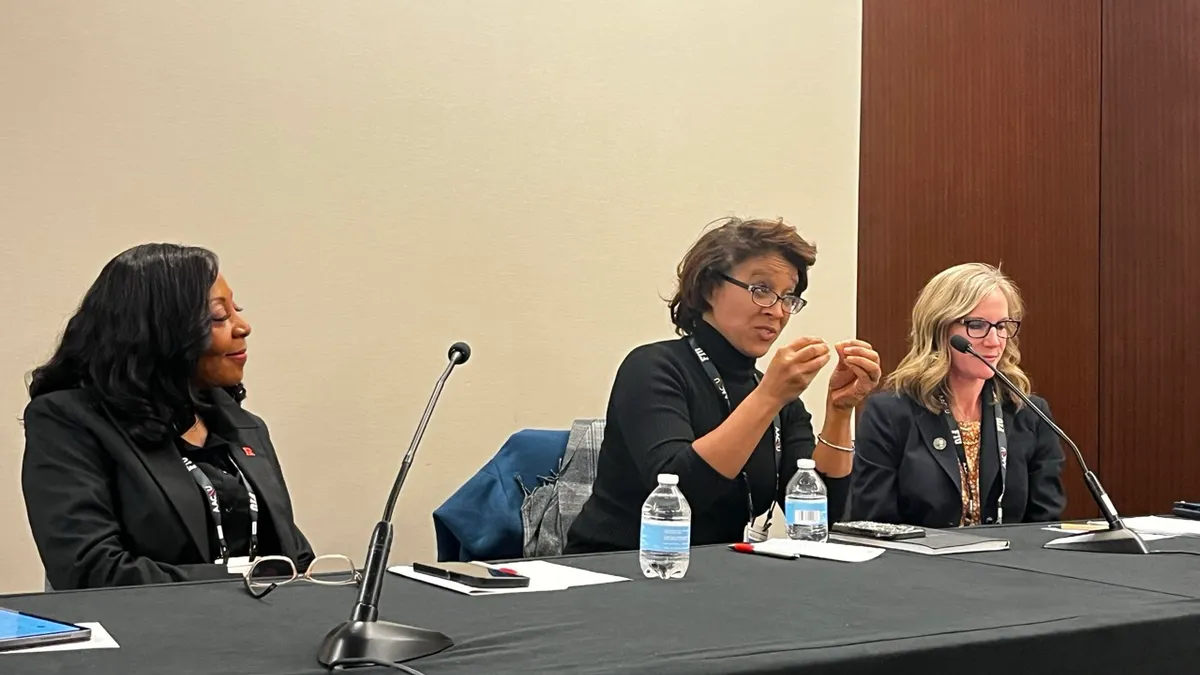Most clicked story of the week:
The Senate’s education committee released its own higher education proposals earlier this month for the sweeping reconciliation bill. While like the House-passed version it seeks to end Grad PLUS loans and add accountability for student outcomes, it also differs from the House bill in key ways.
More budget challenges and tuition hikes:
-
Florida’s Board of Governors cleared a plan to allow the state’s universities to hike out-of-state tuition by 10% this fall and 15% the next, Spectrum Local News reported. Individual university boards will ultimately decide on how much to raise tuition.
-
Temple University is projecting a $60 million structural deficit for fiscal year 2026. The university’s deans and vice presidents were asked to develop plans to shrink how much they spend on employee compensation by 5% — a move that will require cutting positions, President John Fry said in a community message.
-
Cornell University President Michael Kotlikoff and other top officials said the institution must adopt “financial austerity” in the face of federal research cuts, potential endowment tax increases, escalating legal expenses, inflation and other cost pressures. The Ivy League institution plans to review programs and positions, restrict hiring and travel expenses, and find ways to streamline operations.
Legal rulings on Trump administration moves:
-
A federal judge vacated the National Institute of Health’s directives to terminate research grants for projects related to diversity, equity and inclusion. U.S. District Judge William Young also ordered the agency to reinstate the plaintiffs’ canceled research funding, which amounts to roughly 800 grants.
-
U.S. District Judge Brian Murphy granted a temporary restraining order blocking the U.S. Department of Defense from implementing a 15% cap on reimbursement for colleges’ indirect research costs. Murphy’s ruling marks the third agency that has been blocked by a court from carrying out the cuts to federal funding for research overhead.
- However, another federal judge recently declined to block the U.S. Department of Education’s cuts to the Institute of Educational Sciences, which gathers and analyzes higher education data. In rejecting the motion for a preliminary injunction, U.S. District Judge Stephanie Gallagher ruled that while the Education Department “has likely gone too far in downsizing IES,” the associations that sued have not shown that IES is required to operate as it did before the agency’s mass layoffs.











